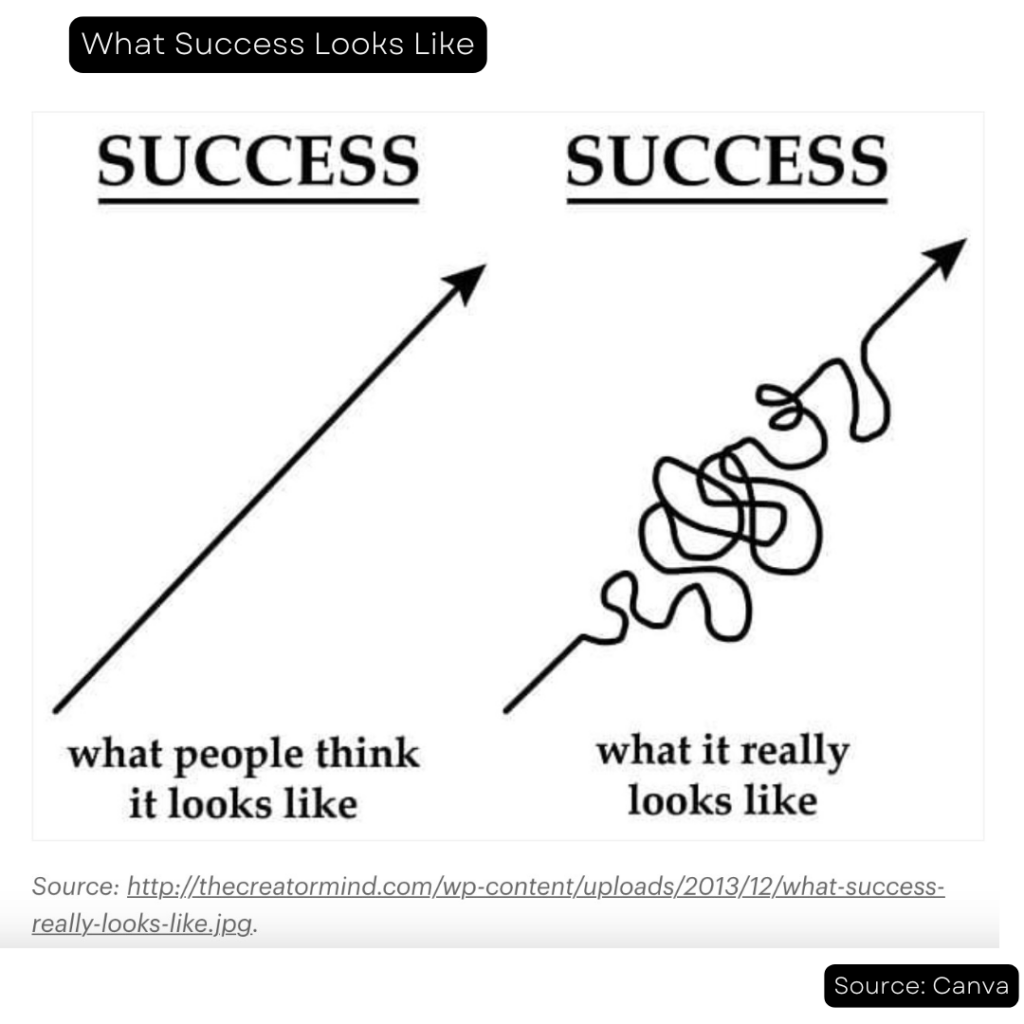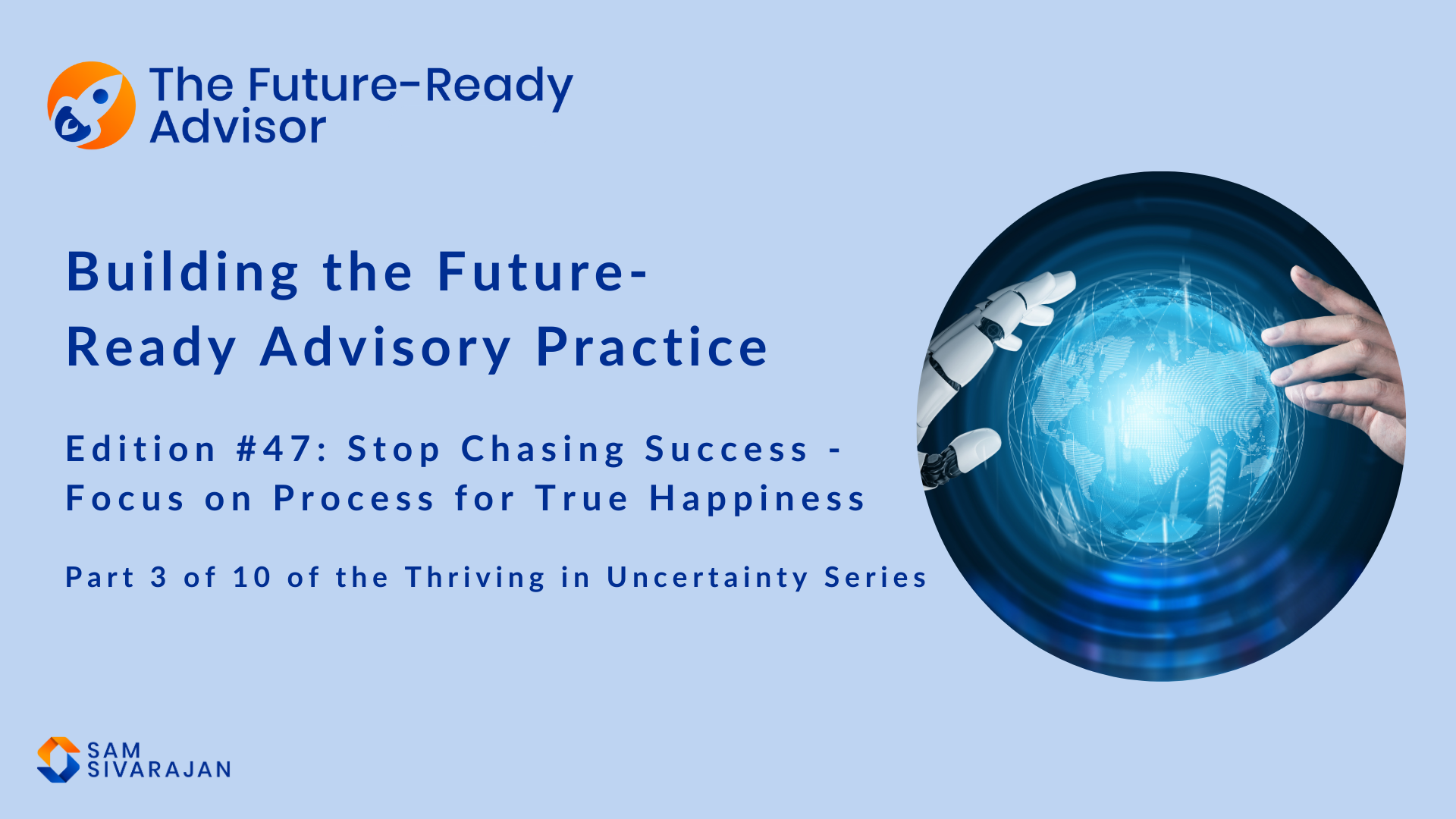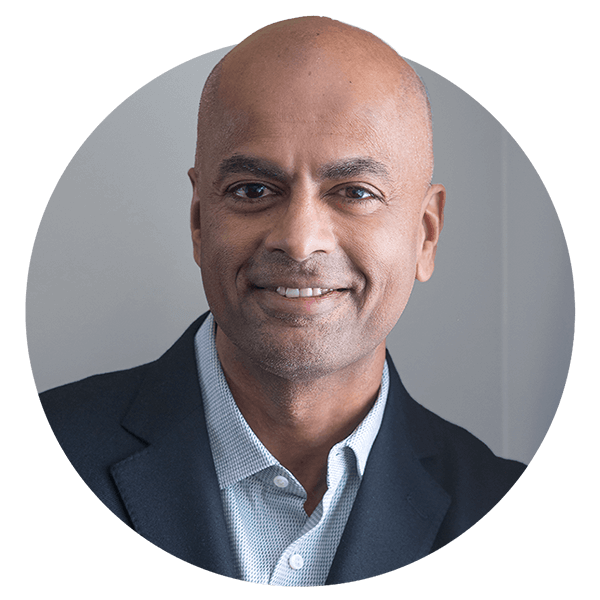part 3 of 10 of the Thriving in Uncertainty Series
Welcome to the 47th edition of #theFutureReadyAdvisor Newsletter!
Subscribe & join the conversation. Share comments and feedback.
Estimated reading time: 7 minutes
Focus on the Process, Not the Result
Early in his career, John Wooden, the legendary UCLA basketball coach, was obsessed with winning, focusing entirely on results. But despite his intense drive, success eluded him. It wasn’t until he shifted his focus away from chasing championships and instead prioritized the daily process—preparation, teamwork, and personal growth—that the victories followed. Wooden famously said, “Success is peace of mind, which is a direct result of self-satisfaction in knowing you made the effort to become the best of which you are capable.” Under his leadership, UCLA went on to win 10 NCAA championships in 12 years.
Wooden’s story shows that success and happiness aren’t achieved by obsessing over the end result. Instead, they emerge as a byproduct of dedication, discipline, and mindset. Wooden’s life is a powerful reminder that true success comes from focusing on the journey, not just the destination.
Success and Happiness: A Byproduct of Mindset and Actions
Success and happiness are often portrayed as ultimate goals, but they’re not destinations you can reach by sheer force of will and planning. Like the pot of gold at the end of a rainbow, they always seem just out of reach. The truth is, both success and happiness are byproducts of how we live and engage with the world around us. You can’t chase them directly—they emerge from the choices, actions, and mindset you adopt along the way.
Stories like Wooden’s teach us a profound lesson: our ultimate goals aren’t destinations we can plan for directly. While we can map out strategies and set clear objectives, the truth is that the final outcomes will emerge as a result of our actions and efforts, not necessarily as a result of it being our direct objective. In life, business, and relationships, it’s not about rigidly chasing goals. Success and happiness unfold from the process—not from the pursuit itself.
Success and happiness are often seen as goals we must pursue directly, but the truth is, they’re byproducts of how we live and lead. The more we focus on resilience, learning, and adaptability, the more they naturally emerge.

Thriving in Uncertainty: Focus on Resilience and Adaptability
This is the third of a 10-part series about Thriving in Uncertainty. Rather than focusing on achieving success or happiness as a destination, I’ll share tools and frameworks that help us cultivate the qualities that can lead us there—resilience, learning, and adaptability.
This is a dialogue we all need to engage in. I believe that the biggest challenges ahead won’t be solved by focusing solely on outcomes, but by cultivating the mindset and skills that lead to success and happiness. What do you think?
Comment on this post or send me a private message to share your thoughts, stories, and feedback.
The Hedonic Treadmill: Why Chasing Isn’t the Answer
The “hedonic treadmill” (or hedonic adaptation) illustrates this concept well. It describes how people adapt to positive and negative changes, quickly returning to a baseline level of happiness. When we chase success or happiness directly—through career goals, material wealth, or personal milestones—we often end up feeling like we’re running in place. The endless pursuit leads to temporary highs, but rarely long-term fulfillment. Once one milestone is achieved, it is on to the next one.
Instead of constantly seeking new goals, the key is to embrace the journey itself. Fulfillment and satisfaction arise from the consistent, meaningful efforts we make daily, rather than the pursuit of external rewards.

Achieving Success and Happiness Indirectly
As John Kay explains in his book “Obliquity” , the most valuable things in life are achieved indirectly. Take a great marriage, for example: you don’t achieve it by fixating on the goal of ‘having a great marriage’. It’s built through small, thoughtful actions—listening, compromising, and showing appreciation over time. These consistent efforts create the foundation for a strong, fulfilling relationship.
Similarly, in business, success isn’t the result of chasing market dominance or profit. Steve Jobs didn’t focus merely on financial success when he built Apple—he focused on creating beautiful products that delighted consumers. By committing to innovation and customer experience, Jobs built a company where financial success was a byproduct of his vision. Apple’s rise illustrates how focusing on the process—rather than the end goal—yields better, more lasting outcomes.
Actionable Insights for Advisors & Business Leaders
Focus on the Process, Not the Goal
Guide your clients to focus on the small, daily actions they can control. Like Steve Jobs’ focus on creating exceptional products, encourage them to build sustainable habits in their business or personal financial practices. True success will follow from a solid process, not from constantly chasing external benchmarks.
Embrace Uncertainty
Uncertainty is inevitable. Help your clients see it not as a barrier, but as an opportunity for growth and innovation. When markets shift or life throws unexpected challenges, remind them that success often comes from resilience and adaptability, not rigid control. They were able to succeed before, those same skills and experiences can help them succeed again.
Celebrate Small Wins
Success isn’t defined by major milestones. It’s the accumulation of small wins—whether it’s meeting a savings target or achieving a personal goal—that builds long-term satisfaction. Celebrate these with your clients to keep momentum and morale high. The Pittsburgh Steelers of the 1970s became champions even though they only won half the time against better teams. It was by doing the small, simple things consistently—they won almost all of their games against weaker teams—that the Steelers became a sensation.
Align Actions with Core Values
When people make decisions based on short-term gains or outside pressures, they often feel unfulfilled. Help your clients align their actions with their true values and long-term goals. This alignment fosters contentment and reduces the chance of regret.
Facing uncertainty head-on will be one of the most critical skills in the coming years. Do you think we’re ready? Share your perspective by commenting below or sending me a private message to keep the conversation going.
Bringing It All Together
Success and happiness cannot be achieved directly—they are the byproducts of living with purpose, focusing on the process, and adapting to the unpredictable. Whether in business or life, the most important thing isn’t the goal itself, but the consistent, meaningful actions taken along the way. Help your clients embrace uncertainty and guide them to cultivate fulfillment through daily efforts that align with their values.
We’re all navigating uncertainty together, and I believe this will be a defining challenge for the future. What’s your take? Join the conversation by commenting here or privately messaging me with your insights and experiences.
Next Edition
In the next edition, we’ll dive into the first pillar of the ADVANCE framework: Accept—how understanding what is in your control and what isn’t can transform both personal and professional success. Stay tuned!
If you enjoyed reading this edition of The Future-Ready Advisor newsletter, please invite your friends and colleagues to subscribe and join almost 1100 other subscribers. If you have any feedback or topic suggestions, please drop me a note on LinkedIn.
When you are ready, direct message me and I can help you with:
- Speaking Engagements & Workshops for your team and clientele
- Tailored, high-impact Consulting and Coaching Services for your practice
Check out my podcast and other resources at www.samsivarajan.com


